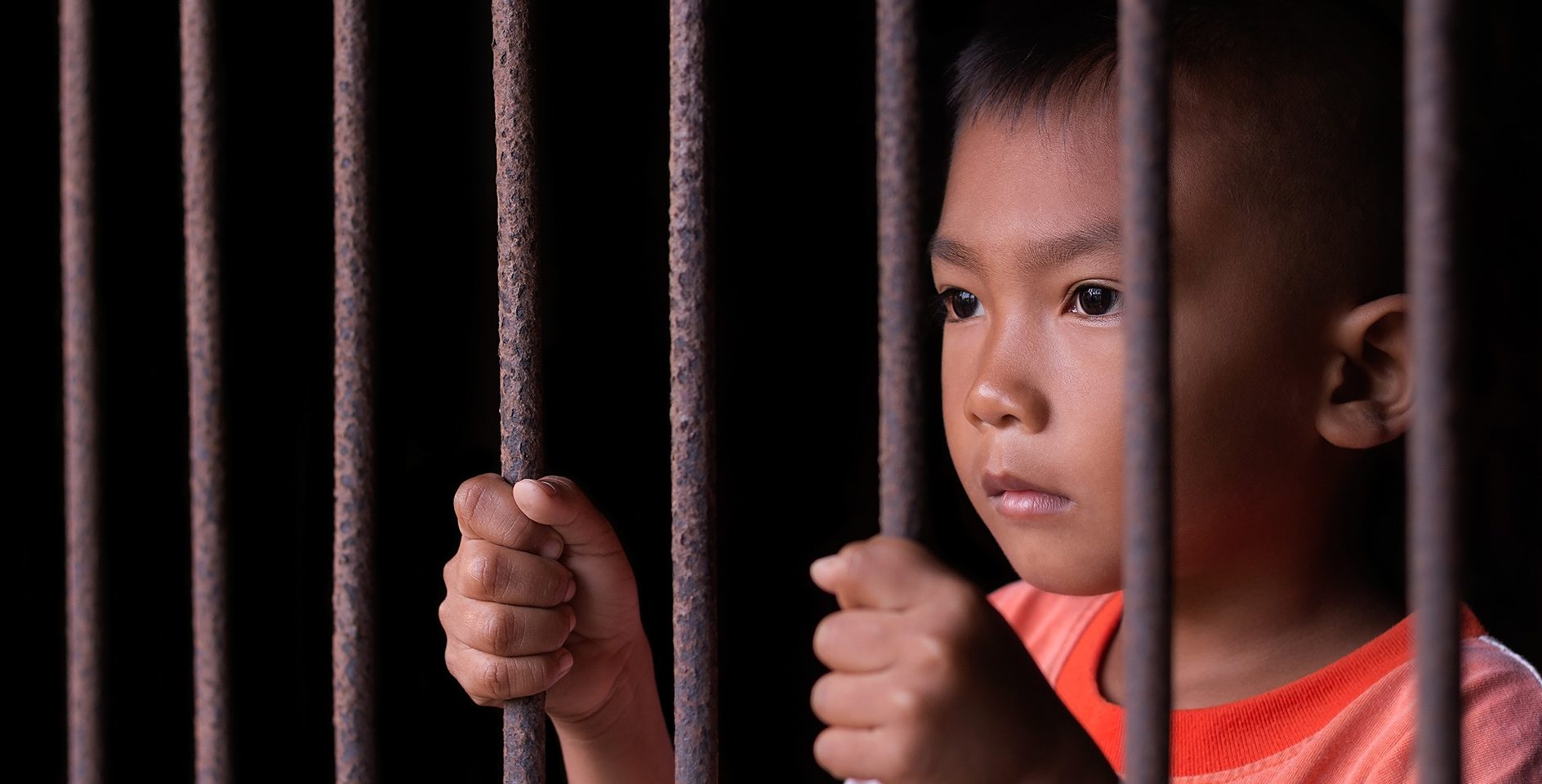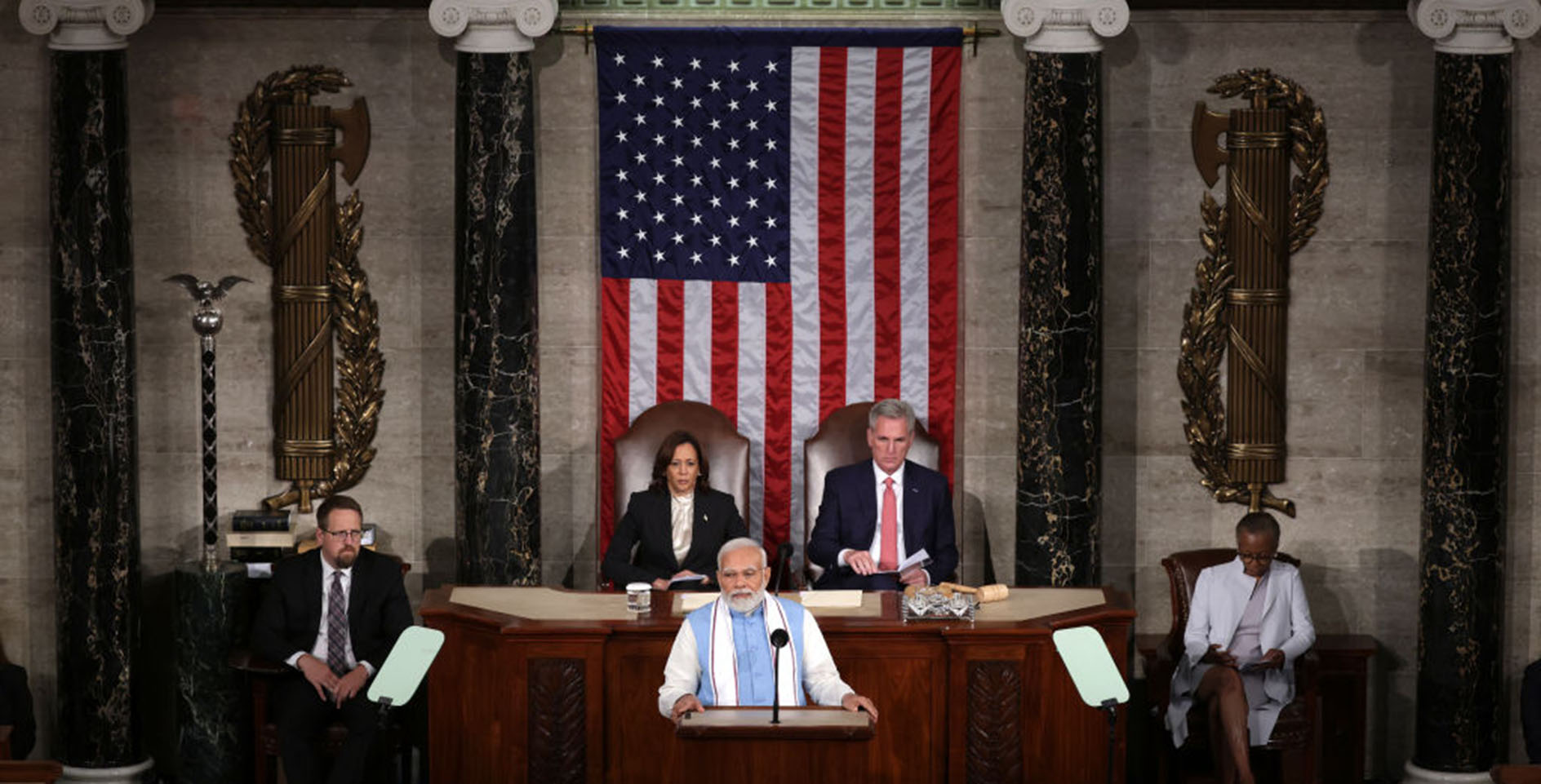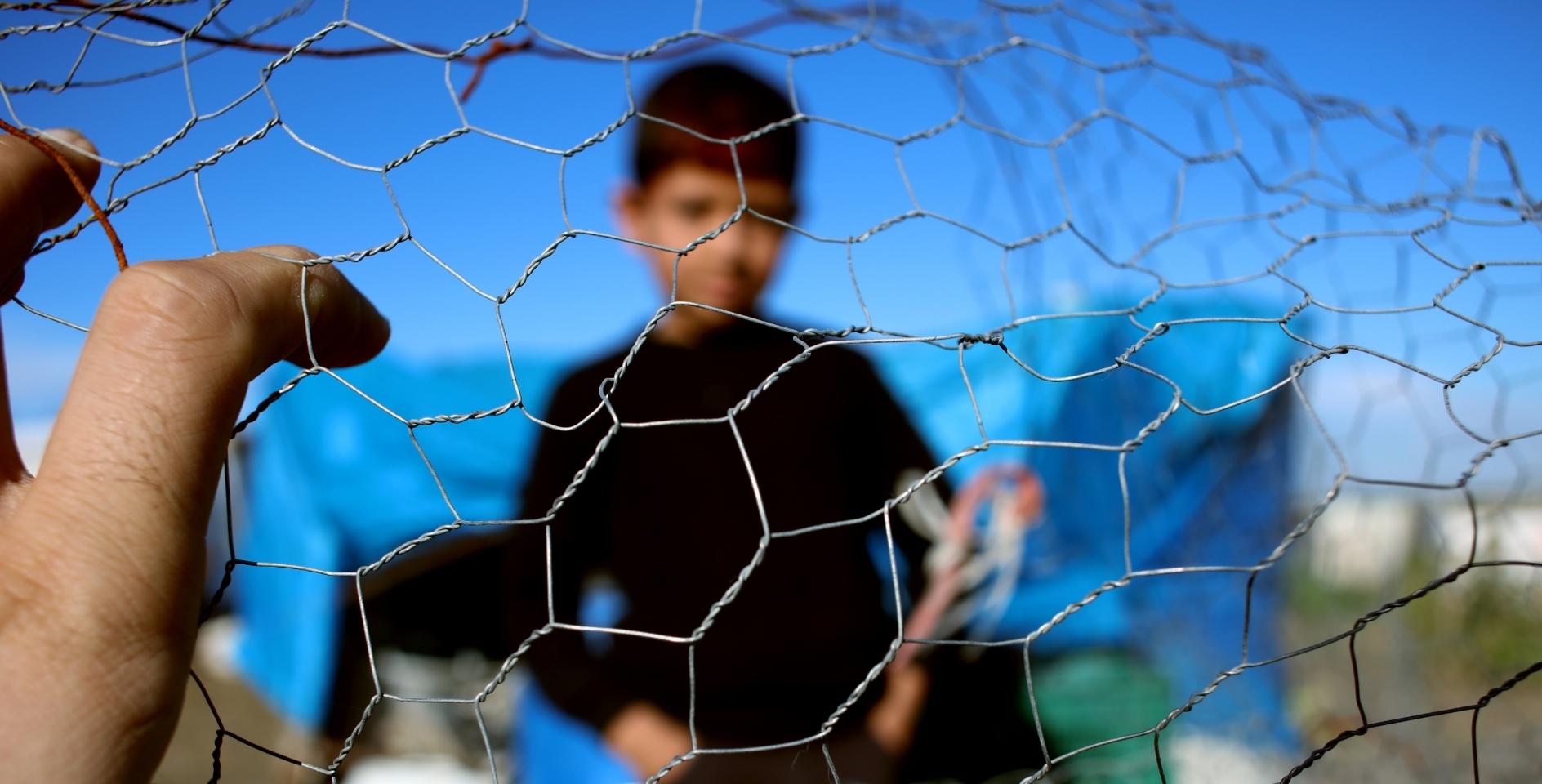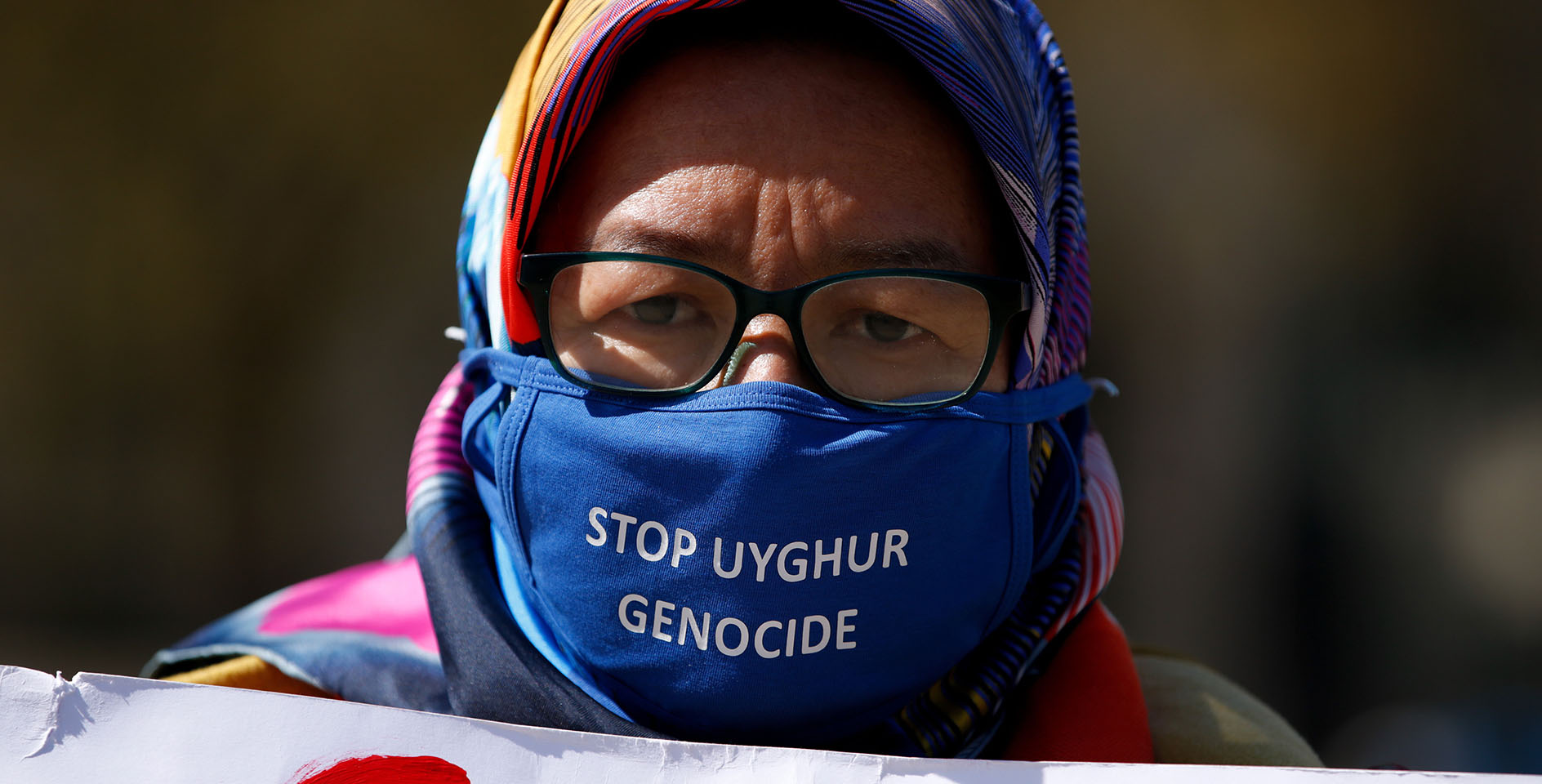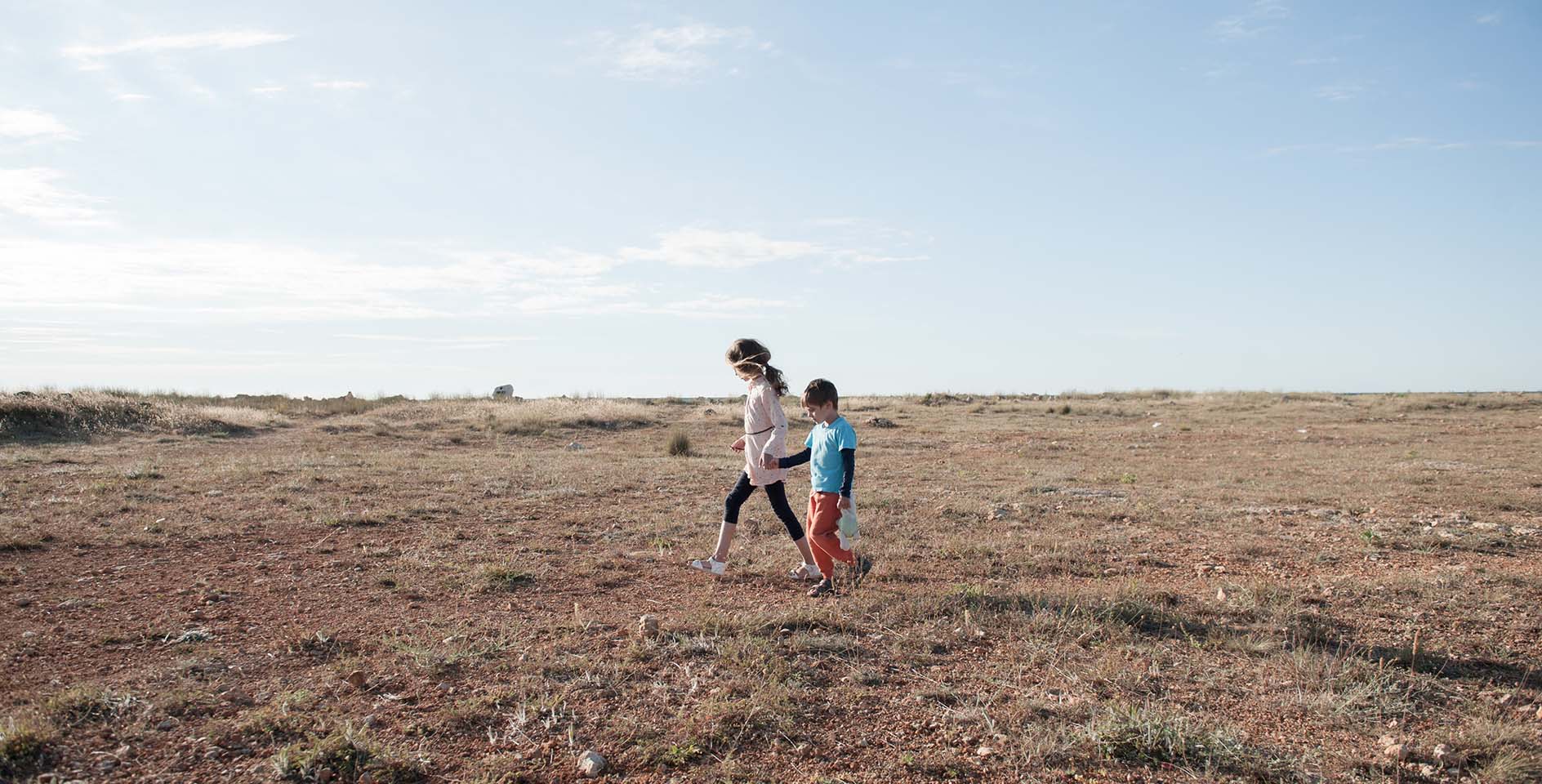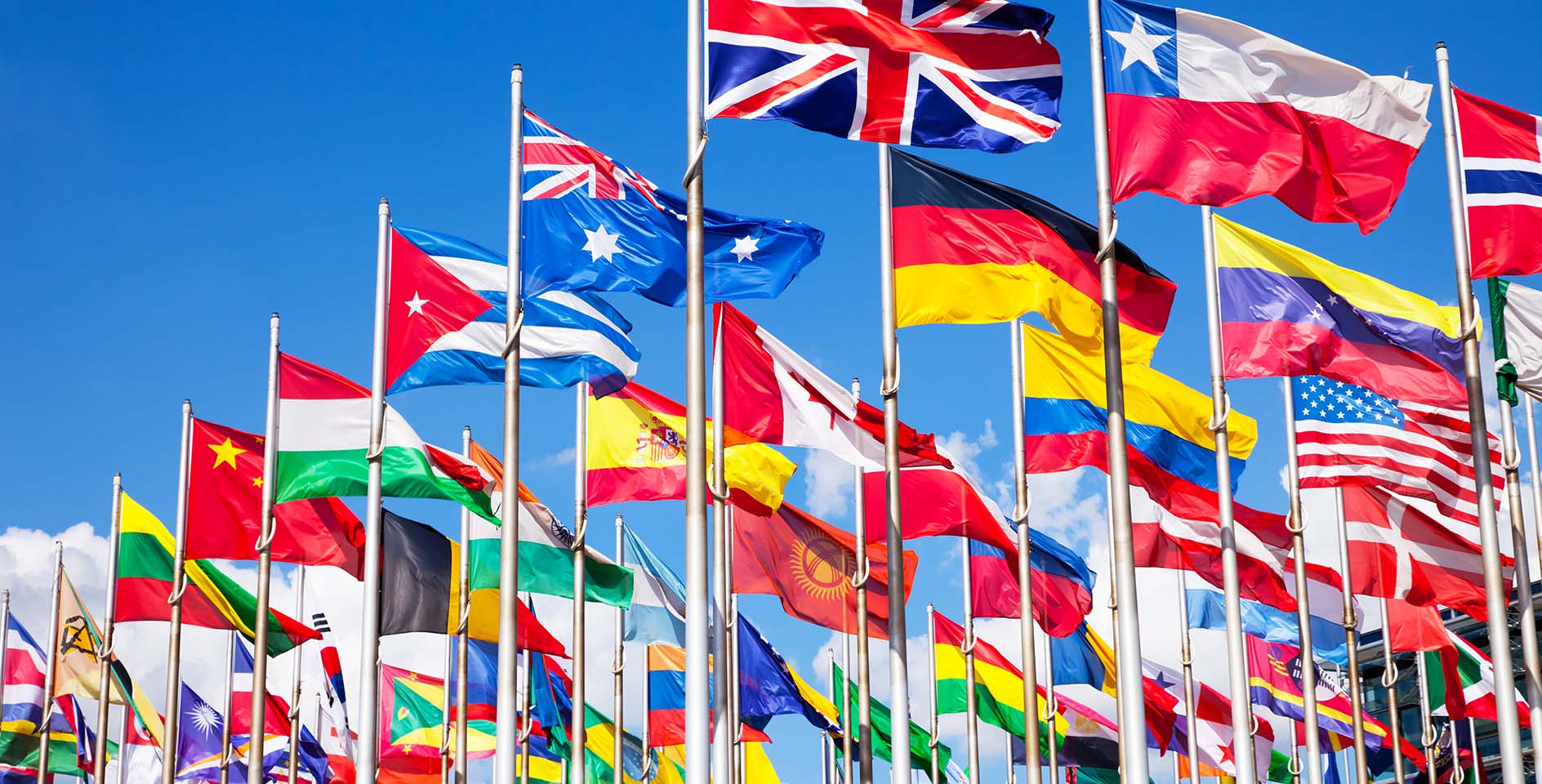On Tuesday, June 27, the U.S. State Department released its 17th annual Trafficking in Persons (TIP) Report, which analyzes the extent to which 188 countries combat human trafficking and slavery. Each country is given a score of either Tier 1, Tier 2, Tier 2 Watch List, or Tier 3, based on the extent to which that country prevents human trafficking, protects the victims of human trafficking, and prosecutes perpetrators of human trafficking.
This year, 21 countries were downgraded on the list, while 27 countries were upgraded. Twenty-three nations were placed on the Tier 3 list, which indicates a lack of compliance with the bare minimum standards of prevention, protection, and prosecution. The 36 countries included on the Tier 1 list not only meet the minimum standards but are increasingly more effective in doing so.
The report was released with a significant press release featuring Secretary of State Rex Tillerson and Ivanka Trump, First Daughter and Advisor to the President. Such high-profile releases are an encouraging signal and ensure that these reports receive the attention they deserve in the United States and the international community.
Here are three things to know following the release of the report:
1. China was downgraded to Tier 3 status.
In 2014 and 2015, China was listed on the Tier 2 Watch List. A country can only remain on the watch list for two years before either being upgraded or downgraded. In 2016, China received a waiver to remain on the Watch List after submitting a national action plan that, if fully implemented, would have significantly contributed to efforts to eliminate human trafficking. This year, China joined countries such as the Democratic Republic of the Congo, Russia, and North Korea on the Tier 3 list.
The report highlighted the fact that thousands of North Koreans are forced to work in Chinese labor camps, where their wages are sent to fund the Korean government. In drug rehabilitation centers, individuals are indefinitely detained without a proper trial. Law enforcement does not properly screen individuals arrested for prostitution to see if they are victims of human trafficking. Bribery and collusion continue amongst police and traffickers. Access to necessary rehabilitation services are limited based upon a victim’s location and gender. Finally, Chinese law does not fully criminalize prostitution of minors, and promotes definitions of human trafficking that vary with international law. Fortunately, the Trump administration has condemned the misconduct within China.
The demotion of China to Tier 3 is the Trump administration’s first major rebuke of Chinese human rights violations. Being labeled a Tier 3 country comes with real consequences that could affect China-U.S. relations for the next year. Non-humanitarian foreign aid may be limited. Chinese government officials may not receive funding for educational programs. And the U.S. may oppose China’s requests for assistance from the International Monetary Fund and the World Bank. President Trump has the ability to waive these sanctions if he views they threaten United States’ interests, but the consequences looming for China are very real. This could become an issue in negotiations over finding solutions for the crisis over North Korea’s nuclear program.
2. Myanmar and Iraq were upgraded from Tier 3 to Tier 2.
The TIP report indicates that neither Burma nor Iraq meet the minimal standards of protection, prevention, and prosecution, but that both nations are making significant efforts to do so, upgrading both nations from Tier 3 to Tier 2. A number of human rights groups are upset by this decision, considering the use of child soldiers, a form of human trafficking, within the past year by both countries.
Reports indicate that there is disagreement amongst State Department officials over the inclusion of Iraq and Myanmar on the Child Soldier Prevention Act List. A June report from the United Nations indicates that children are being released from combat in Myanmar, as nations feel international pressure to cease the practice. Still, eight different Burmese groups recruit and utilize child soldiers for combat. In the geo-politically complex nation of Iraq, the United Nations documented the government-use of child soldiers in 2016 in the fight against terrorism, forcing the State Department to make difficult decisions about engagement with Iraqi officials.
3. The Gulf States are taking steps to reduce human trafficking.
The Gulf States, Bahrain, Kuwait, Oman, Qatar, Saudi Arabia, and United Arab Emirates, are historically notorious for violating human rights, including failing to take human trafficking within its borders. Within the last year, there have been some encouraging signs although much work remains to be done.
Saudi Arabia, the United States’ closest ally in the region, received a waiver to remain on the Tier 2 Watch List for a third year after drafting a national anti-trafficking action plan for 2017–2020. The plan allocates $9.6 million for its permanent committee on combating trafficking in persons. Qatar, which was on the Tier 2 Watch List in 2016, was upgraded to Tier 2. Within the past year, it increased the number of prosecutions and convictions for trafficking-related offenses, and establishing a coordinating body to facilitate anti-trafficking initiatives and enact legislation to significantly reduce vulnerability to forced labor. Kuwait was placed on the Tier 2 Watch list for the second year in a row, after spending six years on the Tier 3 list. The Kuwaiti government, along with Oman, are making “significant efforts” to combat the problem of labor and sex slavery according to the State Department report.
Despite these improvements, injustice is still reality for scores of trafficking victims across the Middle East. Kuwaiti law enforcement remains a corrupt institution that discourages victims of trafficking from reporting their abuses. The Omani judicial system attempts to mediate forced labor reports in labor court rather than prosecute the criminal activity of slavery. And Saudi officials identify only a fraction of the trafficking victims that live within the country. As we pray for our persecuted Christian brothers in the Persian Gulf, may we also remember the oppressed and enslaved.
Conclusion
With an estimated 45 million slaves around the world, there is significant work that must be done to bring an end to human trafficking. The TIP Report is one tool used to pressure governments around the world to implement policies that prevent forced labor and the underground sex trade. As governments take steps to fight injustice, individuals become more aware of the issue of human trafficking, and organizations gather information about the global trafficking problem, there is hope that this problem will one day come to an end.
ERLC Policy Intern Zack Jones contributed to this article.



